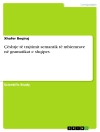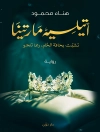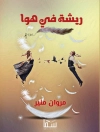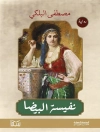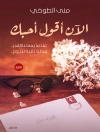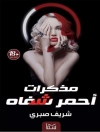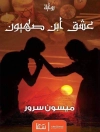‘Postmodernity in Spanish Fiction and Culture’ is a compelling study that combines elements of cultural studies and literary studies in order to present an integrated cultural representation of the emergence of a postmodern social constitution of contemporary Spain. Marking a sweeping reposition from earlier works about postmodernity and postmodernism in Spain, ‘Postmodernity in Spanish Fiction and Culture’ makes a strong connection between postmodernity as social and economic conditions that are the result of unique features of a Spain of the 20th and 21st century, and postmodernism as life-style experiences that manifest new cultural and artistic practices of the 1980s and beyond. The study examines postmodernity by relating it to those exclusive social and cultural experiences that are patently Spanish (the movida, desencanto, immigration, globalization, and terrorism) and concludes that by virtue of Spain’s unique socio-cultural, economic, and political history, not only does the country emerge as one of the most postmodern of all European nations but also that the conditions that define the country’s evolution from the mid 1980s to the present constitute a distinctively authentic postmodernity.
Tabela de Conteúdo
INTRODUCTION: TOWARDS A THEORETICAL EXPLORATION OF POSTMODERNITY IN SPAIN CHAPTER I: THE POSTMODERN SELF AND LIFESTYLE IN POSTMODERNITY: THE MOVIDA PHENOMENON CHAPTER II: DESENCANTO WITHIN THE MATRIX OF POSTMODERNITY CHAPTER III: DOWNWARD MOBILITY, DISQUIET, AND NIHILISM: POSTMODERNITY IN SPAIN AT THE EDGE OF THE MILLENNIUM CHAPTER IV: WHERE DO WE GO FROM HERE? THE ALLEGORICAL PARADIGM OF SPANISH SCIENCE FICTION AND THE POSTMODERNIZED SPANISH CULTURE


